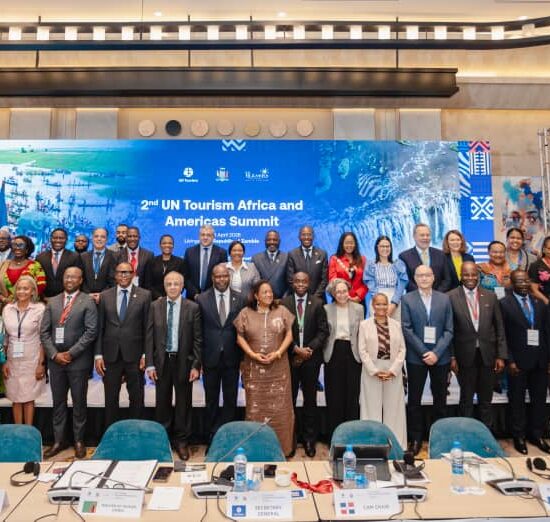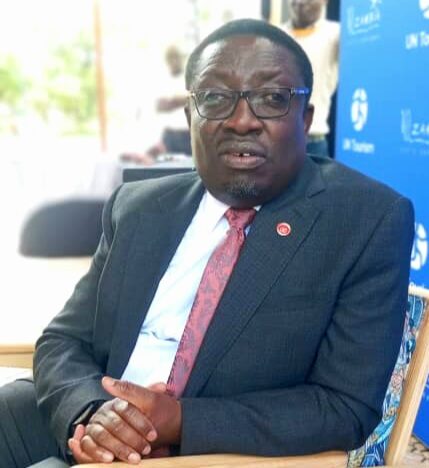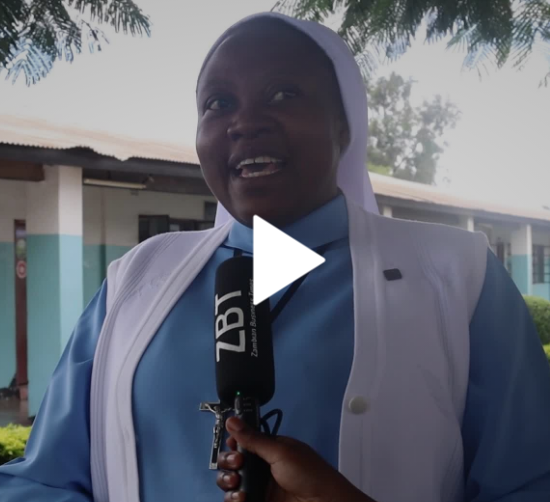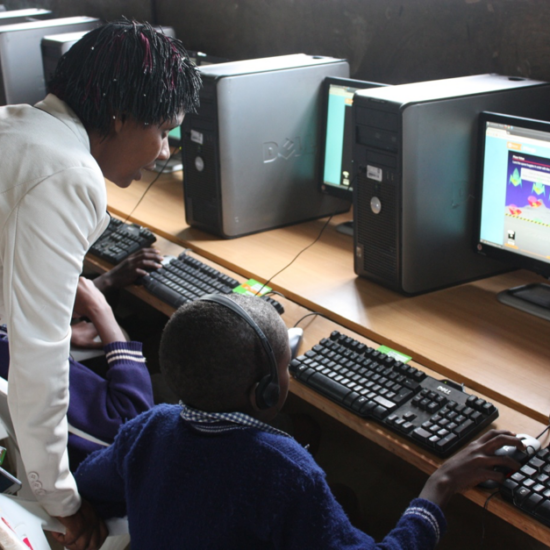The construction of the $2 billion solar deal signed between the United Arab Emirates – UAE’s Masdar and the Zambia Electricity Supply Corporation Limited – ZESCO which was anticipated to cut Zambia’s power deficit, is facing delays as the UAE’s Masdar has confirmed that project development is still ongoing.
In January 2023, ZESCO, the Zambian state-owned power utility, and Masdar, the United Arab Emirates renewable energy firm signed an agreement to develop solar projects in the amount of $2 billion. This was announced by President Hakainde Hichilema.
The project was expected to commence immediately, starting with the phased installation of 500 megawatts (MW). “Once completed, the projects will result in an additional 2,000 megawatts of electricity in the country, within the next few years,” President Hichilema said.
A check however with the UAE’s Masdar on the commencement of the construction has established that project development is still ongoing even at a time when the Country is facing 8 hours of power crisis.
Responding to an inquiry by the Zambian Business Times – ZBT, Masdar Corporate Communications Manager, Rob Sinclair said, Masdar will be sharing relevant updates in due course as project development was still ongoing.
“I have checked with the team and project development is still ongoing. Masdar will be sharing relevant updates in due course. We have no further updates that we can provide at this time.” He said.
The partnership between ZESCO and the UAE was seen as one way of increasing Zambia’s power generation capacity and improving access to electricity in the country.
Zambia has been grappling with a severe power crisis that has led to widespread load shedding, with the Country now experiencing up to 8 hours of blackouts daily.
The power shortages have had a significant impact on businesses and households, with many forced to resort to expensive alternative energy sources like generators. The deal with the UAE is expected to alleviate the power crisis and stimulate economic growth in the country. This is also expected to create job opportunities and boost the development of renewable energy sources in Zambia.
The $2 billion deal between ZESCO and the UAE was seen as a significant development for Zambia’s energy sector. If successfully implemented, the deal will not only alleviate the current power crisis but also create new opportunities for economic growth and sustainable development in the country.
The consequences of load shedding have been severe for Zambians as some Businesses have been forced to shut down and households have been left without power for extended periods. The lack of reliable electricity has also hindered economic growth and development, as industries cannot operate at full capacity.
The deal with the UAE could provide a much-needed solution to Zambia’s power crisis. If successful, the project could significantly increase the country’s power generation capacity and help alleviate the effects of load shedding.
This is expected to add an additional 2,000 megawatts to the national grid, which would go a long way in alleviating the current power deficit. However, the delay in implementing this project has left many people frustrated and concerned about the future of the country’s energy sector.







